The question I get asked the most is: "Wow, nice pic! Which cam are you using?" Does this sound familiar? Every time I heard this question I used to answer in the same way, telling people which camera I was using, but that it didn't really matter in my opinion. And here is why...
Beginners and hobby photographers usually expect that if they can only save enough money to buy much better equipment this will improve their results in a linear way. That's maybe the reason why so many people are buying DSLR cameras without knowing or even without having an open mind to learning how to use them. You recognize this type of photographer pretty easily while they are using a flash in auto mode to brighten up the whole skyline of New York. ;-)
I understand that behavior because all of us want to take great pictures without having to invest too much work at first or at all. I also started my landscape and cityscape photography like this until I realized that there is no need to understand all these settings and things your camera is doing for you until you really want to get creative. For me or for most of us it's essential to understand the difference between settings like f/4.5 and f/11 because we might have a certain type of style in mind but if you are new to photography and you just want to get a great picture it may not matter as much as you may think.
I was processing an image I took this year in New York as I thought that it could be very interesting to look back at my older pictures and see how I and my type of photography have changed. I already visited this spot in 2012 for the first time, so this is the perfect comparison. The look of both images is completely different and in my eyes a huge improvement in quality, which got me thinking about the reason why there is such a huge gap between 2012 and 2014.
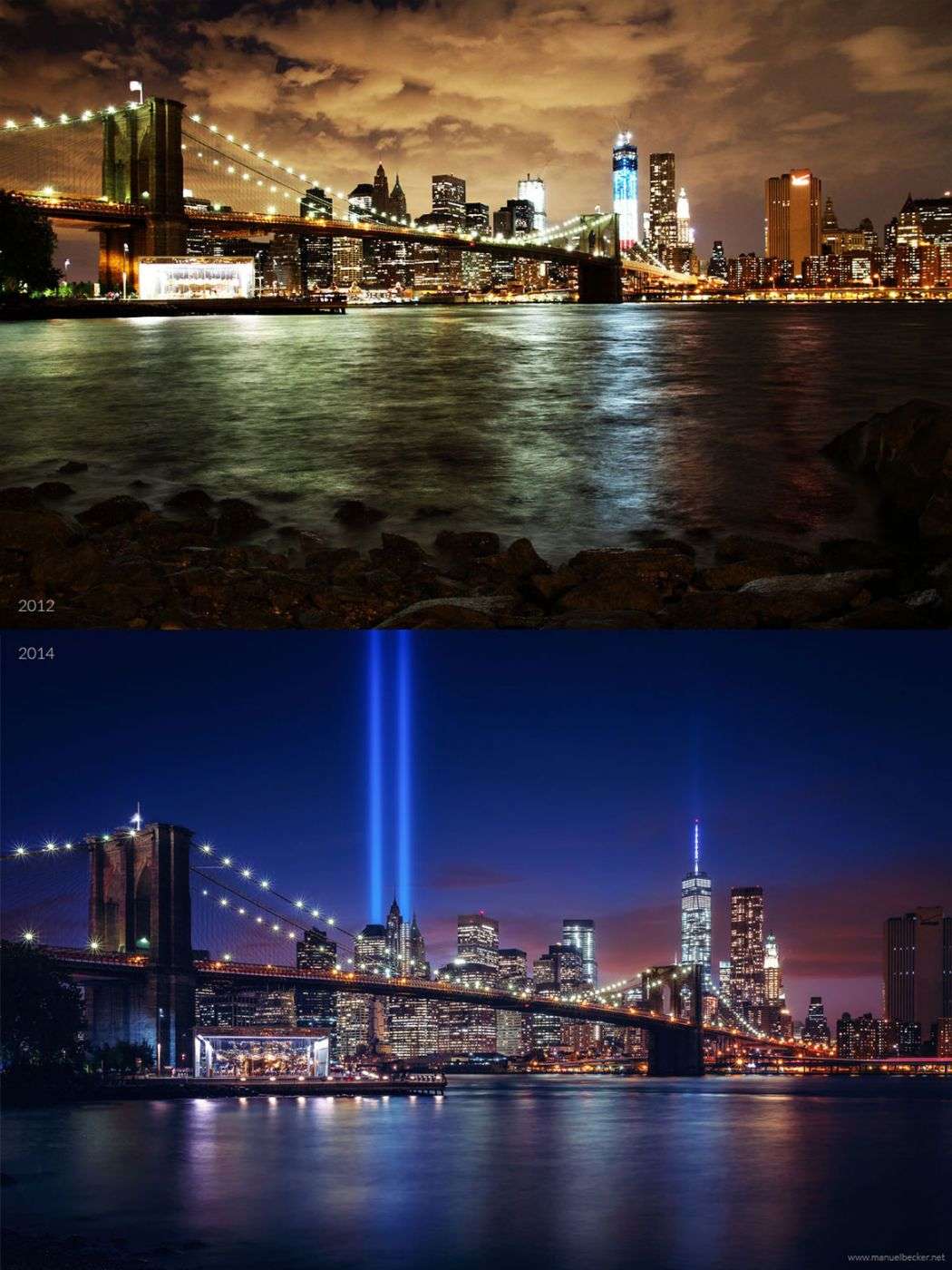
The difference between 2012 (top) and 2014 (bottom) without any significant gear changes.
It's all about the gear - wrong!
As I saw these 2 images I was thinking about the equipment I was using 2 years ago and I realized that I was using the exact same camera and even the exact same lens. The only thing I replaced was my very cheap and heavy tripod, which I should have done years ago to save weight and strained nerves. Besides that, I learned how to use my camera, dropped into that typical HDR hole for a while, and decided to improve my post-processing afterward because I didn't like these extremely unrealistic results. I read so many articles, books, and everything I could find about photography, watched many YouTube channels from other professional photographers, or just tried out new things to get better. In retrospect, I see and understand all these little "mistakes" I made and know how to fix them but the most important insight I had is: that I improved without new photography gear. Actually, the opposite is true as I focused on using just one single lens and on doing landscape photography only. The nice side effect was a much lighter backpack, which made longer trips much more enjoyable for me and left more time for getting a great shot with the equipment in my hands instead of changing lenses all the time.
All you need for landscape photography
I said that gear doesn't matter for beginners or hobby photographers in most cases, which is true as long as you have a minimum to work with. In my opinion, only these 3 things are essential:
- Camera is able to shoot RAW format
- Camera is able to change the f-stop manually
- A good tripod (ideally with a remote control for your camera to prevent shakes while pressing the shutter button)
Forget about megapixels for a while and don't try to start with ND filters and don't make up a reason for yourself to get a full-frame camera to get a better image quality for your star trail shots. These are all great techniques to get a certain type of result, but they won't improve your photography at all if you are still a beginner.
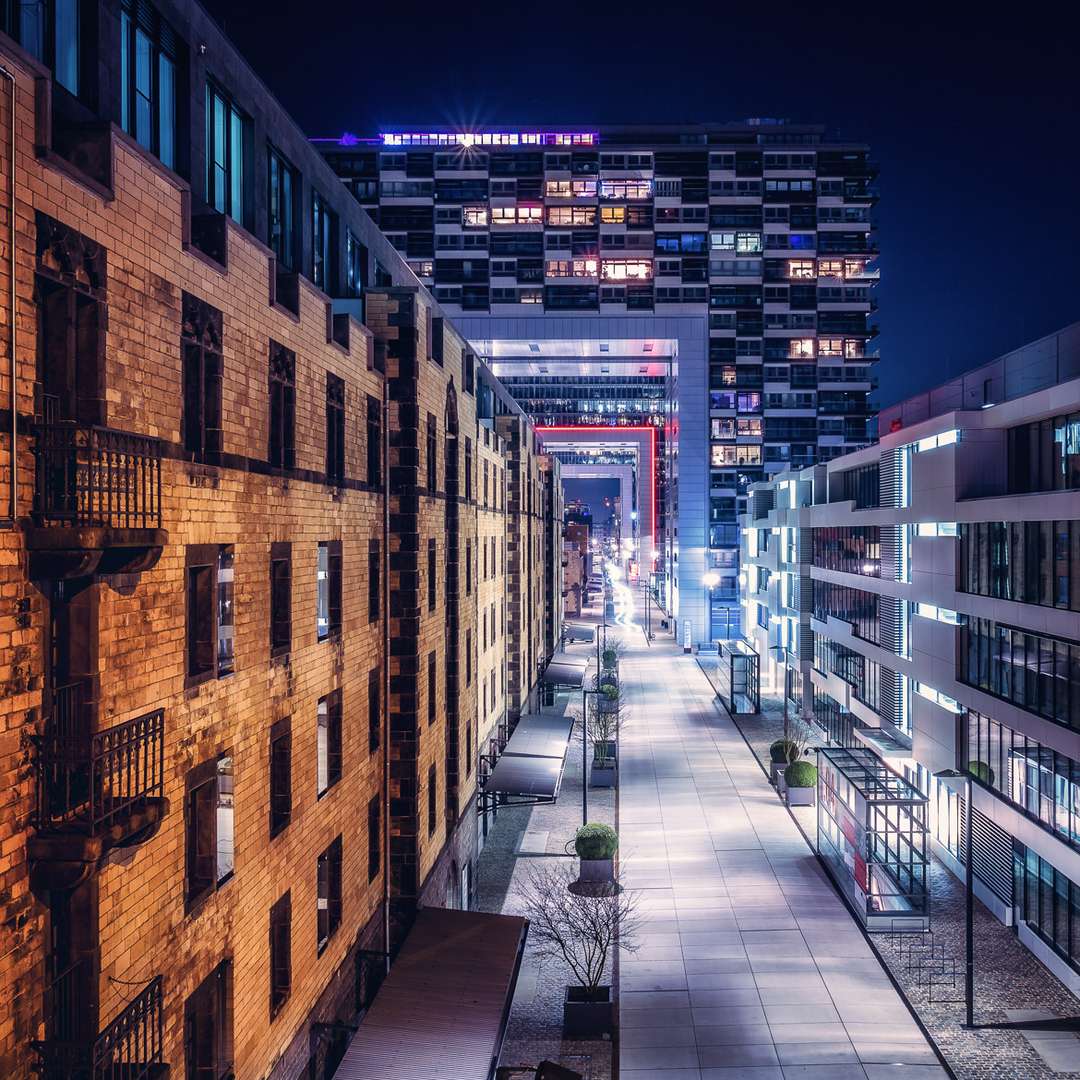
Cranehouses in Cologne, Germany
Decision 1 - Focus on just one thing
Before focusing on just one part of all these completely different types of photography, I just tried out the full range of themes by doing macro photography (bought a currently unused 70-300mm lens for that), and tried so many diverse long-time exposures, started to shoot people, etc...
To cut a long story short, I wanted to try everything but I never had the chance to improve because every photo needed a completely different mindset and other technical aspects. My advice for you is to start focusing right now. I liked landscape photography the most so my decision for just one single lens led me to a 17-50mm. If you love portrait photography it may be another one based on what's important for you to start with. As I was only shooting with this minimal gear, I noticed that my view for good perspectives got so much better and even my people photography made a huge passive improvement. I only noticed this after I was asked to shoot at a wedding this year. I was very surprised about the results and even told the bridal couple before that they shouldn't expect too much as I hadn’t taken portrait photos in a long time (and to be honest they were really bad at that time). And guess what – I only used this one lens again that I am very familiar with by now. Fewer opportunities but much more time to focus on the important aspects and timings of a wedding for me as a beginner in wedding photography.
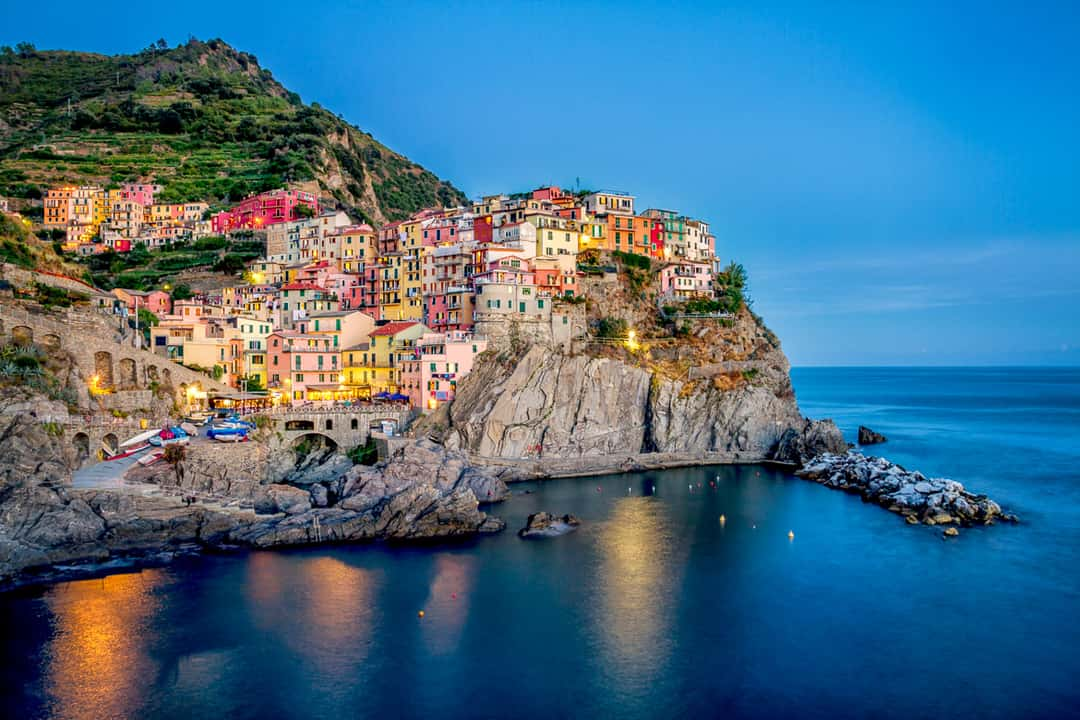
Decision 2 - Learn how to post-process your images
After focusing on just one thing in terms of getting a good shot I also decided to improve my post-processing. As a professional web designer and product manager, I have been working with Adobe Photoshop for years but this was a completely different workflow. In theory, I knew all the basics of how to use this complex software, but not how to post-process my images in the right way. The most important first step for many photographers is to stop considering Photoshop or similar software as cheating, that's simply not the case. The human eye (and brain) for example is able to adapt very fast to high dynamic ranges, but the camera isn’t. This is why people started doing HDRI in the first place. Most of the time I see my resulting images and remember the mood of the original scene in a completely different way. Colors often vary from what I remember and felt while I was experiencing an amazing sunset for example. Post-processing gives me and all of you the opportunity to bring back everything that got lost in your photo. This is why it is so important to shoot RAW images because they contain and keep many more details you can restore if you want. How much you have to "fix in Photoshop" mostly depends on your raw data, but since I learned so much stuff my personal preferences about what's a really important change in a huge way to the following order:
-
Timing & Location
Take your photos at the right time at the right spot with an amazing sunset or during blue hour and your results will be at least on a pretty decent level. -
Postprocessing
The way you tune the final result mostly depends on your personal style. Have you ever seen an image and instantly knew who took it? It may be the clothing etc. in portrait photography, but for landscapes, it's mostly defined by the way you process your image. -
Taking the photo
Unless you are completely destroying the photo by using the wrong focus to get very unsharp results or by setting your f-stop to 2.8 for landscapes you can't fail in this part. That's the most important part to understand in my opinion! Excellent professional photographers don't get the best results because they have the best and most expensive gear, but because they know the best timing to get a great shot and how to process this raw data.
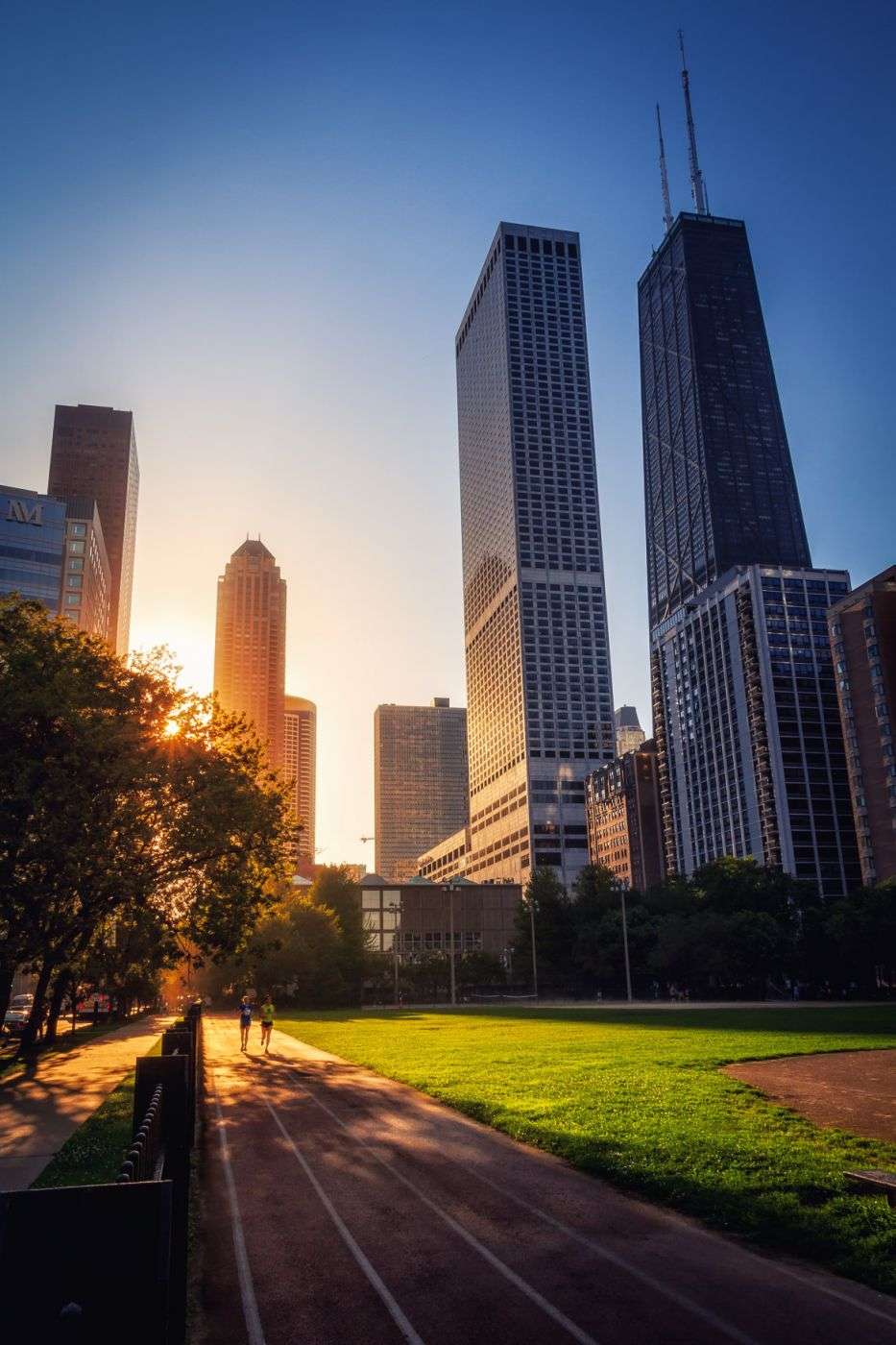
Park near John Hancock Center in Chicago, USA
Conclusion
Even if you haven't just found your passion for photography it's a good start to focus on something to improve your skills in this tiny scope. Looking back you will notice much bigger steps, which will also pay dividends for your entire photography knowledge and results.
If you already own a decent camera and you are currently thinking of investing your money into the next generation you should think twice about what you are trying to achieve. I would never keep an advanced wedding photographer from buying a new f1.8 lens if there is currently only an f4 available, but most of the time you would be far better off without more equipment. If you aren't using Adobe Lightroom (or Capture One), Adobe Photoshop, or these amazing Nik and Topaz filters yet, you should initially think about investing in your post-processing quality and learn how to use these tools.
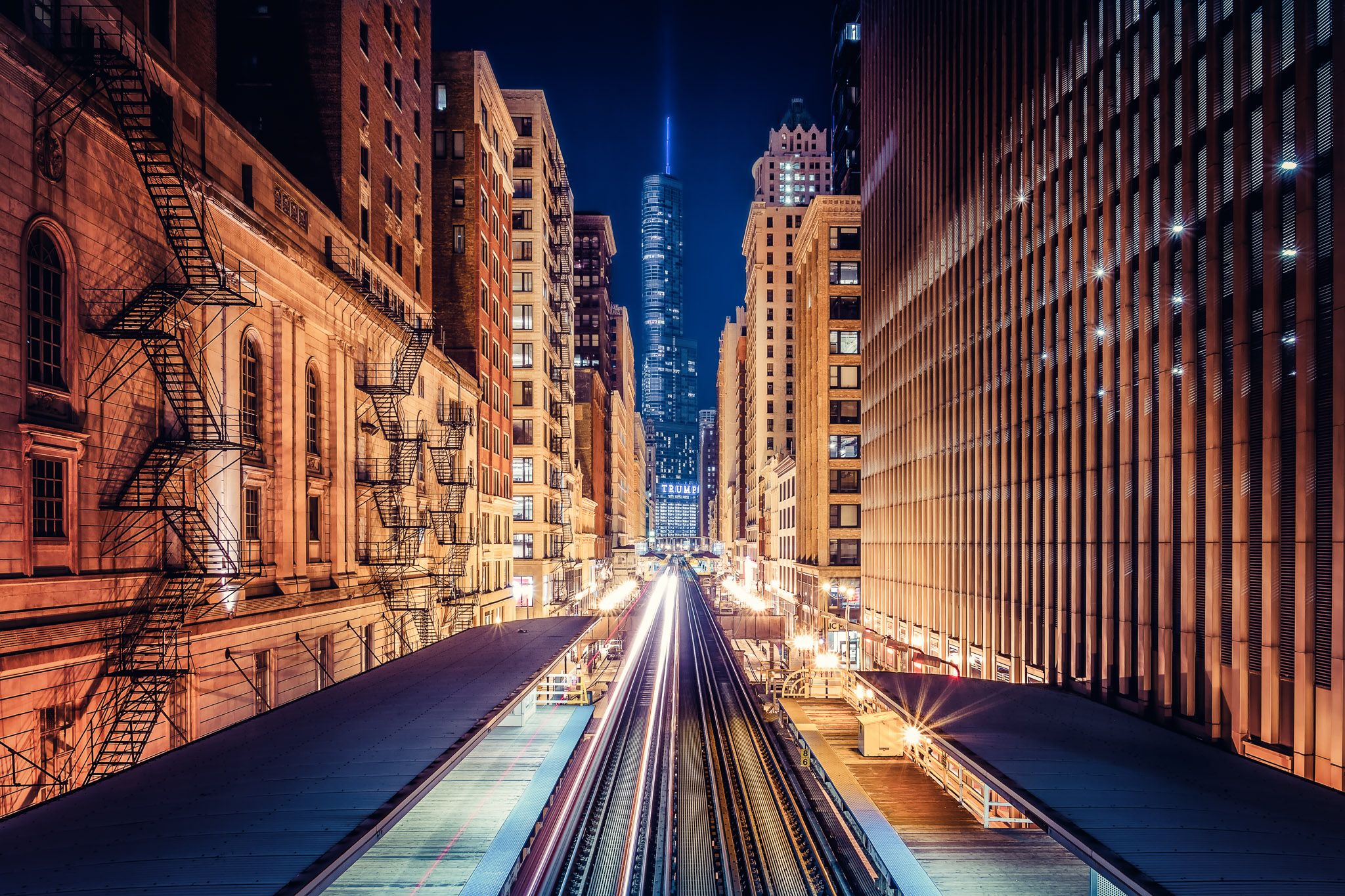
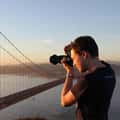


Comments (26)